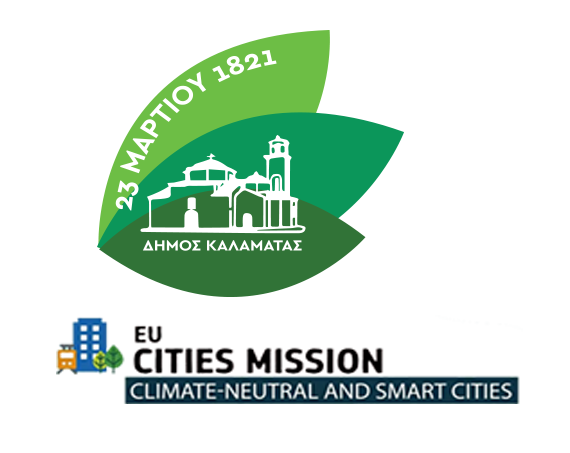Speakers
Urban Planning – Urban Environment – Circular Economy – Waste Management
Stavroula Agriou
She Graduated from the Department of Civil Engineering EMP. She is PhD candidate of the School of Architecture of the National Technical University of Athens, in the field of Urban Planning – Spatial Planning (2021). She has Postgraduate degrees in “Urban Planning and Spatial Planning” from the Faculty of Architecture of the NTUA and in “Organization and Management of Public Services and Organizations” from the University of Peloponnese (2008).
She is consultant on Urban Planning and Spatial Planning to the Minister of Environment and Energy from 2015 to 2019, coordinating the Ministry’s working groups for the drafting of legislative reforms, for the treatment of unauthorized construction, for the final drafting of the bill on the control and protection of the built environment.
She is General Director of the Municipality of Kalamata from April 2021 to December 2022, Director of Urban Planning (2019 to date), Director of Planning, Development and European Affairs of the Municipality of Kalamata (2012-2013), Director of Urban Planning, Spatial Planning and Environment of the Prefecture of Messinia from 2000 to 2010.
Member of the Board of Directors of the company “Anaplasiasi Athens S.A.” 2018-2019, Member of the Steering Committee of the Technical Chamber in 2020, Member of the Central Delegation of the Technical Chamber of Athens from 2019 to date, President of the SYPOTHA B of Messinia from 2021 to date, President of the Prefectural Council for Spatial Planning, Housing and Environment of Messinia from 30/11/2000 to 1/5/2012.
She is coordinator of the axis of urban planning and built environment for the Municipality’s claim for the inclusion of Kalamata in the 100 neutral and smart cities.
She has publications in scientific journals and conferences on spatial planning and local government issues.
Local government and sustainable spatial planning. A sufficient and necessary condition for a transition to climate neutrality in terms of spatial and social cohesion
The transition to a climate-neutral society is not only an urgent challenge but also an opportunity to build a better future for all.
Local government, as the closest form of governance to the citizen, with the possibility of implementing participatory processes, is best placed to work for territorial and social cohesion, and to respond to a number of major challenges, such as the climate crisis and the transition to climate neutrality, the rapid transformations taking place in space through digital networks, and multiple crises. In this context, local government is called upon to face the new reality, making use of strategic spatial planning, imbued with the concept and operational logic of sustainable development that also takes into account the new projections and dynamics of the last decade.
Sustainable spatial planning could contribute to the “production/organisation of space” by attributing to it development choices based on principles of territorial and social cohesion, environmental protection and cultural heritage protection, as well as climate justice, as a sufficient and necessary condition for the transition to climate neutrality.
Local authorities are called upon to introduce planetary-scale issues such as the climate crisis into local policies, giving justice in time (between generations) and space (between territorial units), with a development strategy that aims to analyse, a spatial strategy that analyses and exploits the spatial advantages of each region, its comparative advantages and specific strengths, but also analyses and manages its disadvantages in a sustainable and resilient way, prioritising its needs and priorities. It is called upon to identify appropriate strategies to make cities sustainable and smart, by appropriating these terms in a way that gives them the content that people themselves want.
The city of Kalamata in its transition from the local to the global must and can, using the tools of land use management, urban development, transport, sustainable mobility and through meaningful, broad participatory processes and practices, inclusive and non-discriminatory, to adopt the mix of policies that it will prioritise and choose for a sustainable and smart city and to guarantee the transition to climate neutrality in terms of climate justice and spatial and social cohesion.





